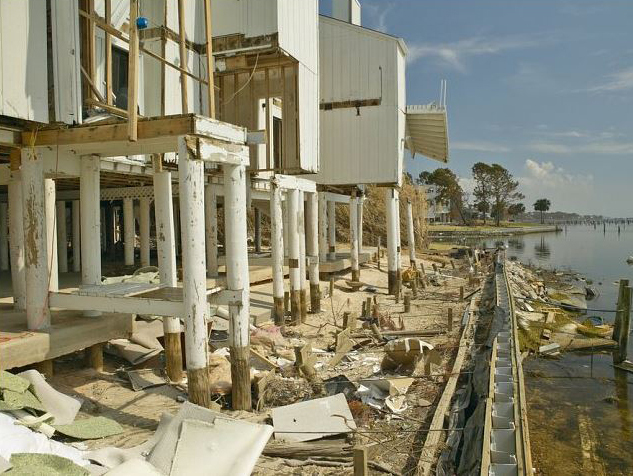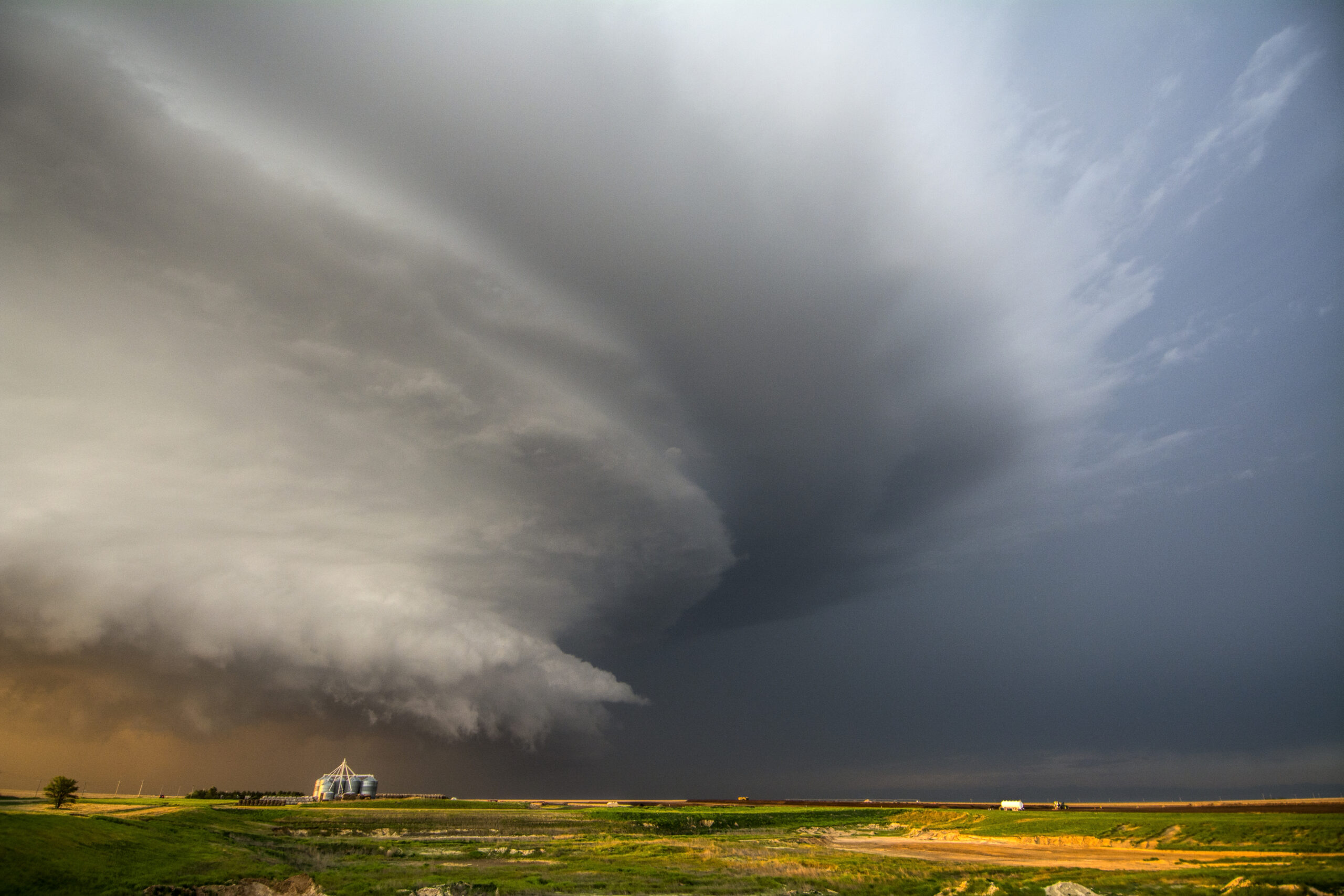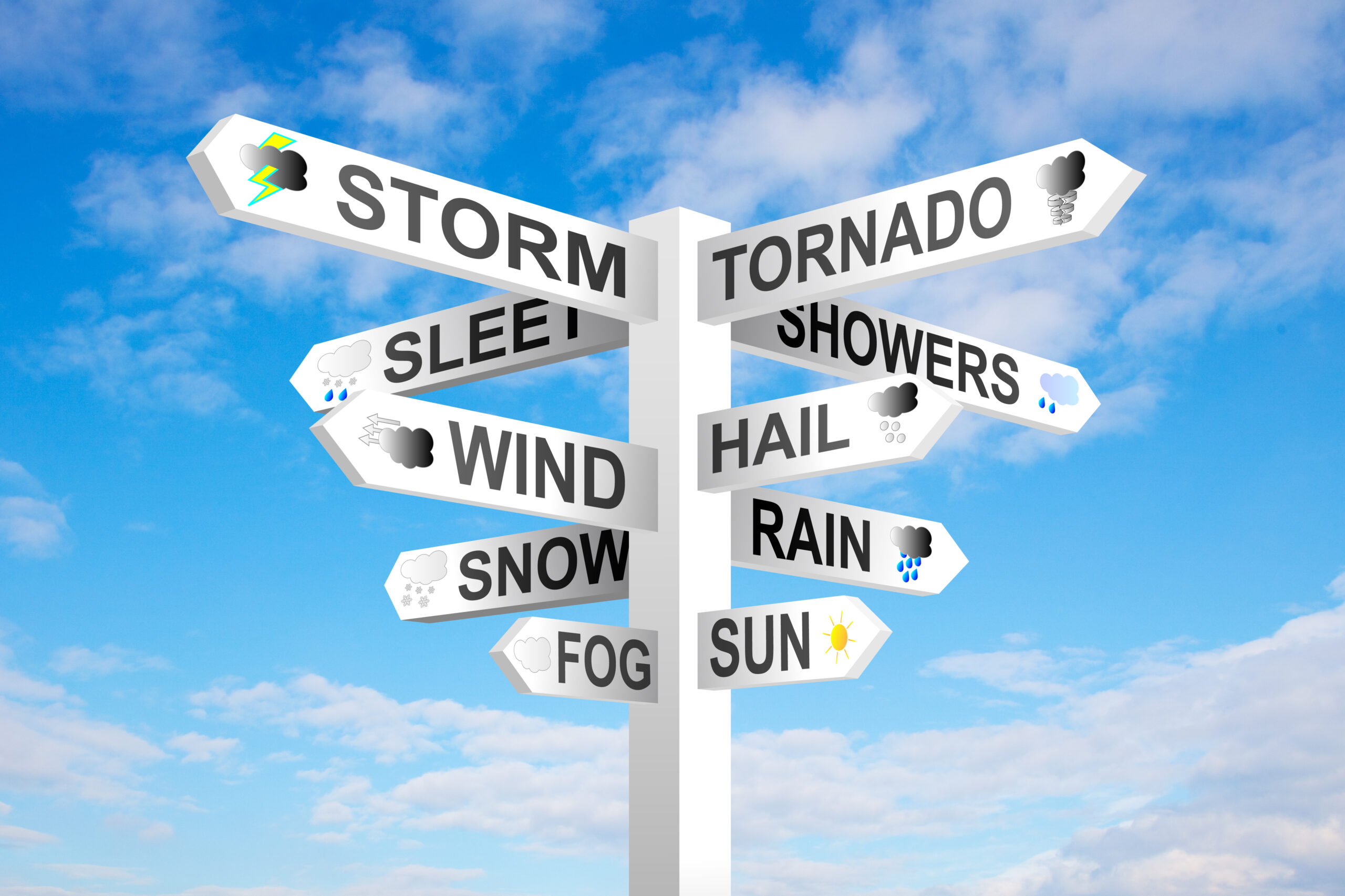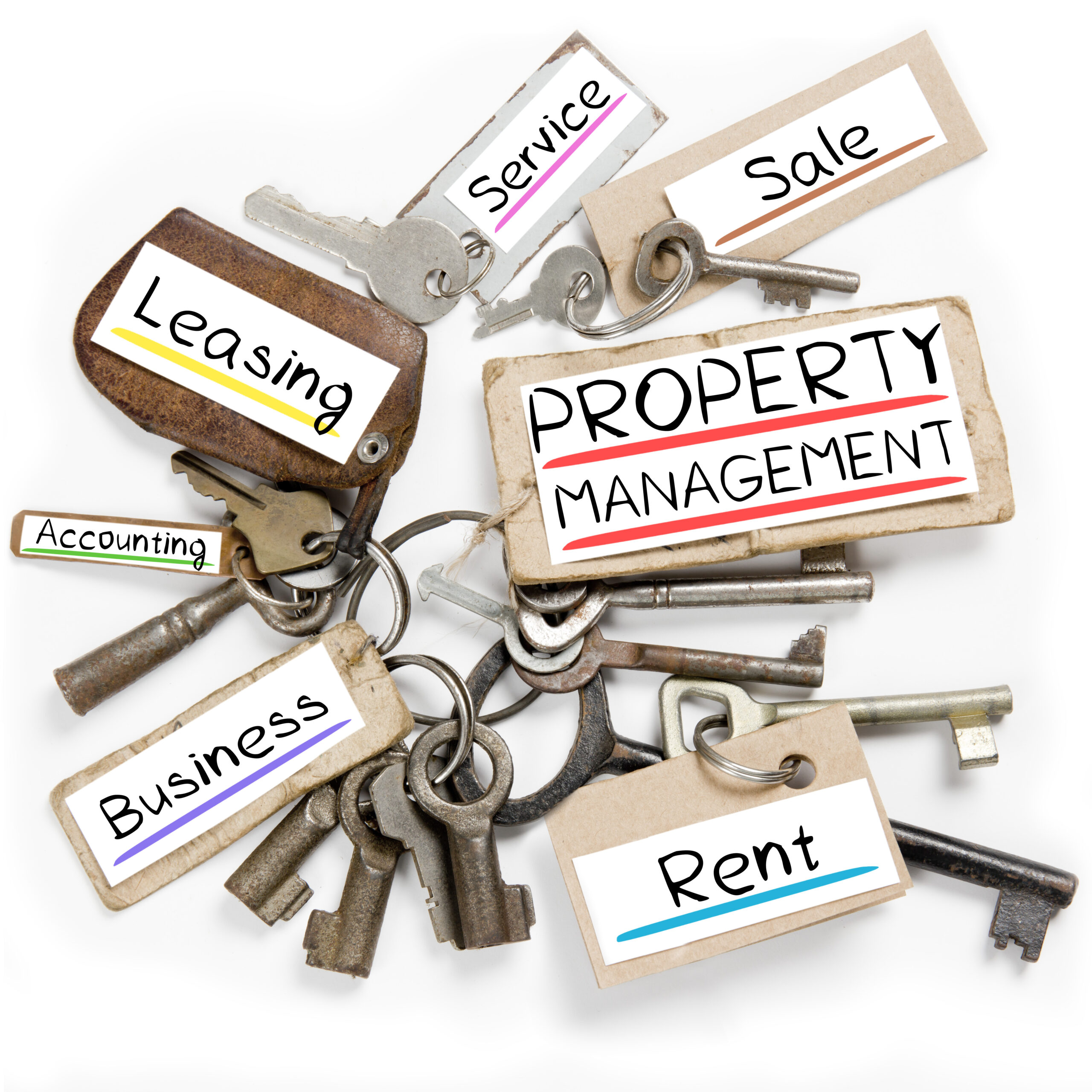Owners of property in association-governed, common-interest communities face a double whammy in terms of repairing and rebuilding. They face extensive clean-up and loss of common property and association-managed infrastructure in addition to personal loss of their own homes and belongings.
To further complicate things, the claims management process for HOA and Condo insurance policies is often complex and challenging. An insured loss at a condominium almost always affects multiple units and common areas, complicating the claims process. The more extensive the damage, the more difficult it becomes to ensure that all insured losses are accounted for, substantiated, and covered.
If you are on the board of a multi-family property association, you have a huge job ahead of you after a severe storm, and it is imperative to respond appropriately. Your neighbors are counting on you to get your community functioning normally again. Not sure where to begin? Here are five tips:
1. TAKE STEPS TO PREVENT FUTURE DAMAGE
To mitigate the extent of any damage, have your maintenance or engineering specialists assess the damage at your property as soon as it is safe to do so.
2. ONCE DAMAGE IS VERIFIED, REVIEW PERTINENT DOCUMENTS
Be sure to review your governing documents and insurance policy. State laws and community declaratory documents dictate the process that must be followed to contract for remediation and rebuilding, as well as the allocation of insurance proceeds or other short-term financing required to fund these activities. To be safe, check with your association attorney and discuss the process with your community manager.
3. DOCUMENT EVERYTHING!
All too often, multiple policyholders, busy insurance companies, pressure from owners, and conflicting and unclear requirements can muddle the process and further complicate the claims process. Make sure you keep detailed records of when you speak to your insurance company, the claims adjuster, vendors, etc. Lastly, remember that pictures are worth 1,000 words!
4. ASK FOR A SECOND OPINION
When getting legal or medical advice, one often seeks multiple opinions, so why settle for the insurance company’s initial offers? Unfortunately, not all insurance representatives are there to protect you and your association’s claim. Your board needs to consult with your association counsel, who will assist you in retaining your own adjuster and/or engineer to fully evaluate and compile a detailed claim package that addresses all necessary damages the policy is responsible for. All of the foregoing professionals can help ensure that your insurance company provides full indemnification for the claim. A state-licensed and experienced Public Adjuster can assist in ensuring the claim process runs smoothly and the proper documentation and experts are in line to substantiate your claim expediting the process.
5. ENSURE YOU RECEIVE A FAIR SETTLEMENT
The insurance process can be stressful and time-consuming. To complicate matters, a majority of insurance claims are underpaid by insurance providers. If you have questions or are unsure as to whether you should accept the offer from your insurance company or simply have enough on your plate and would like to involve a claims professional, contact our team today for a free claim review. Partnering with C3 Group on your claim helps level the playing field to ensure that your claim is paid fairly and the most accurate settlement is reached for your claim.
When dealing with Condo or HOA insurance claims, sometimes it’s best to seek professional help to avoid common pitfalls that often delay repairs and minimize settlements. In addition, having a professional review the insurance policy can ensure that fair and accurate payment is made from the insurance company to cover the damages. Should you have questions about your insurance coverage or insurance settlement amount, or if you would like a free claim review we encourage you to give us a call at 833-232-5246.
Follow C3 Group on Facebook and LinkedIn for more tips and resources on dealing with property damage.







